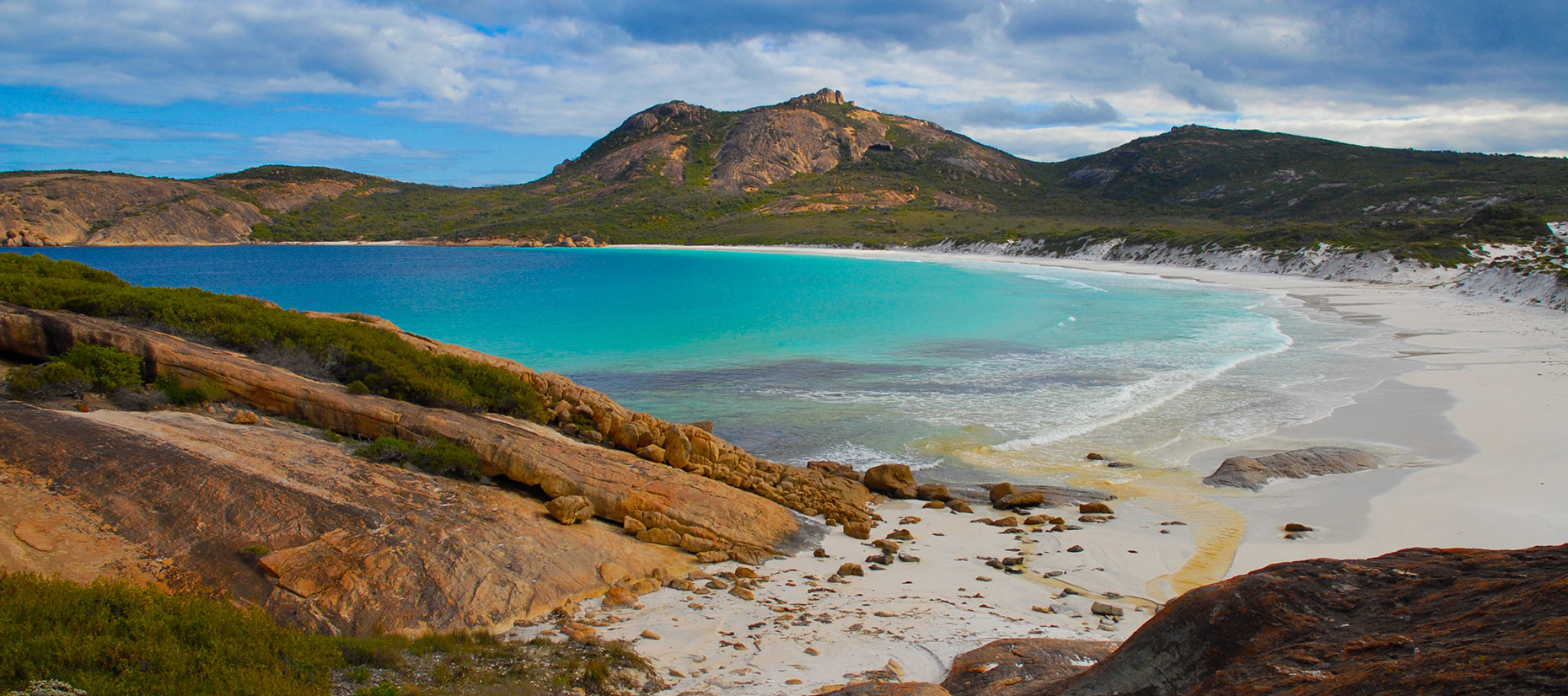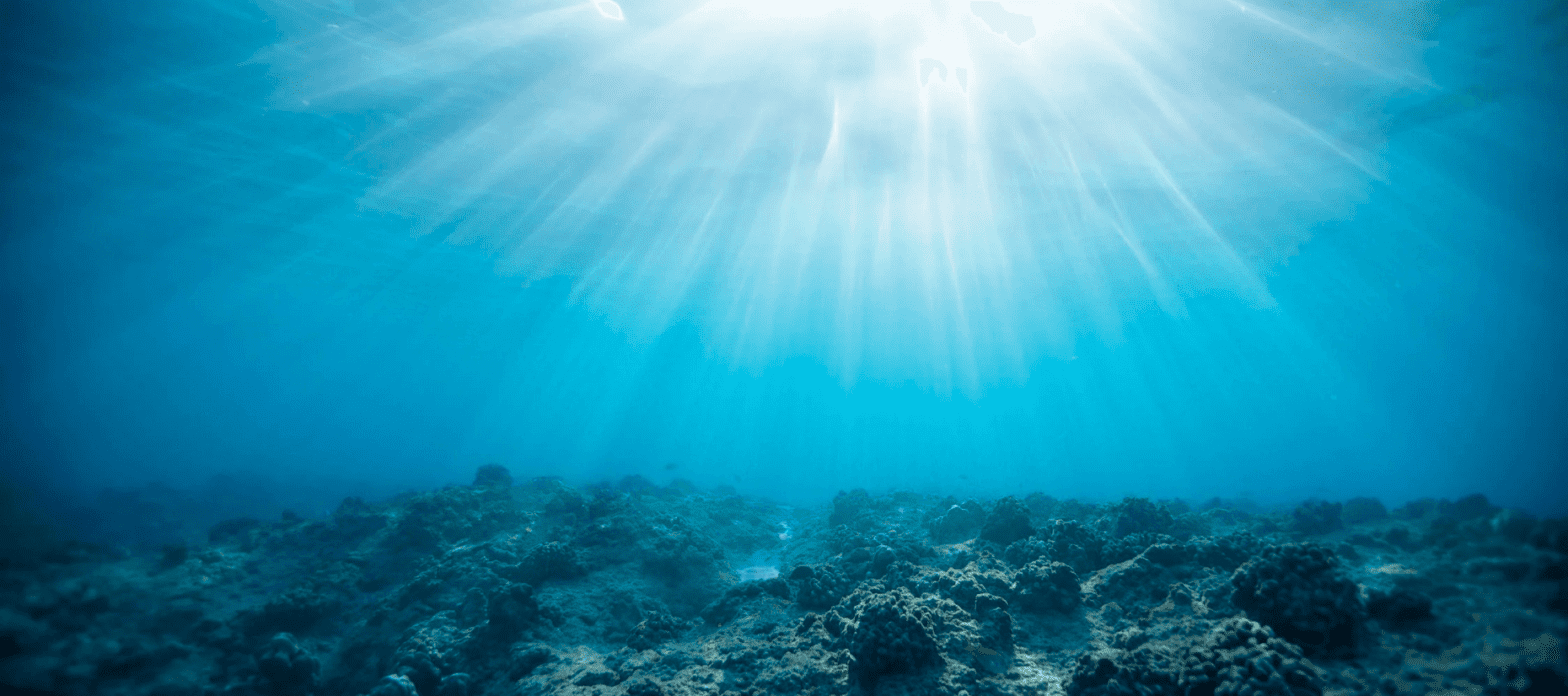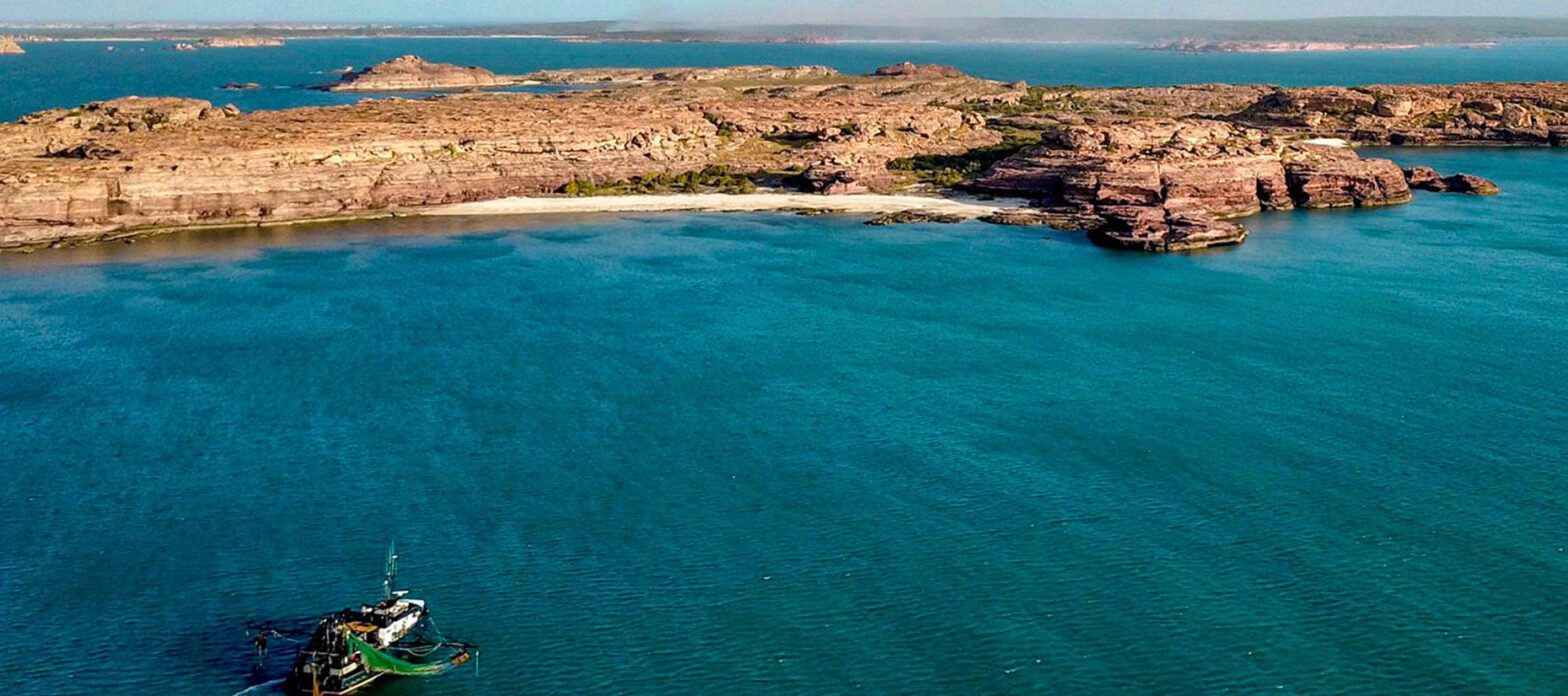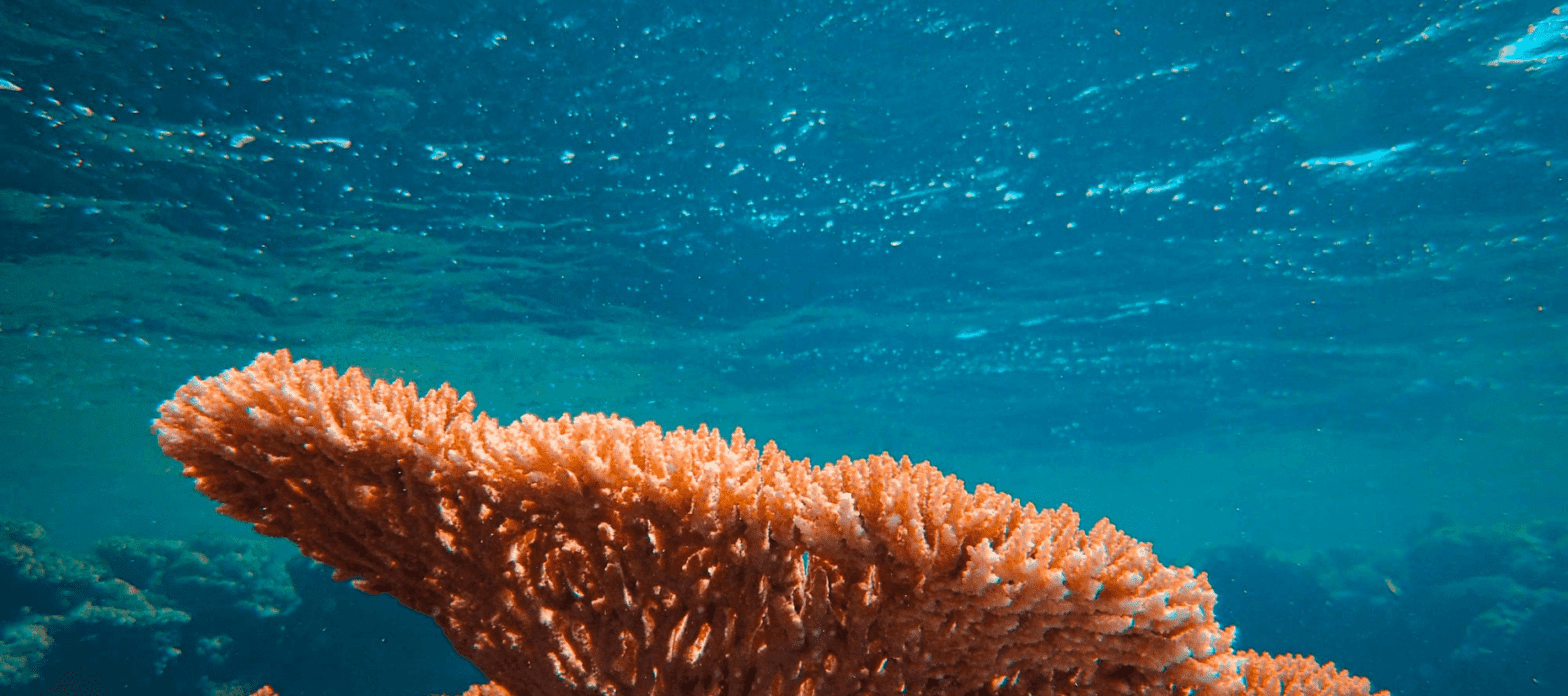- 11 June 2024
Key Advances in Seaweed Cultivation and Carbon Capture Initiative
Canopy Blue has made substantial progress in our Western Australian seaweed cultivation and carbon capture projects over the last nine months.
Kalbarri One has produced excellent Kelp Credit sales including a recent sale of 3,734 credits to the City of Cockburn. Upcoming plans involve deploying 180,000 kelps into restoration areas. Our participation in a significant CSIRO workshop in Canberra highlighted Canopy Blue’s leading role in integrating seaweed carbon into national policies and the potential for blue carbon ecosystems.
The company’s Esperance 800 operations at Kepa Kurl continue to advance, with notable achievements such as the successful deployment of seeded growth lines and the first structure on the seabed. We are equipped to seed over 600 metres of line by 2025, marking significant progress in sustainable seaweed cultivation and carbon sequestration.
The Cone Bay Seaweed Precinct saw Canopy Blue’s collaboration with Traditional Owners and Maxima Opportunity Group lead to execution of Memoranda of Understanding establishing an equity ownership model for the nutrient-rich waters of the Buccaneer Archipelago. The Ardyaloon MoU grants the company exclusive access to a licensed hatchery and critical infrastructure for our Cone Bay Project.
In new industry partnerships and collaborations, Canopy Blue has initiated engagement with Incitec Pivot, exploring opportunities for using our seaweed products in liquid fertilizer trials from the Esperance offtake and developing a seaweed treatment process for the urea industry.

Milestones
October 2023 – The University of Western Australia (UWA) began the spore release process in preparation for the December deployment of seaweed. This project, in collaboration with Canopy Blue, aims to develop techniques for extracting and cultivating seedlings from various seaweed species. UWA’s Oceans Institute focused on cultivating golden kelp seedlings on twelve spools, each monitored for 12 weeks in a controlled environment.
November 2023 – December 2023 – Canopy Blue welcomed the new Head of Engineering, Alison Duguid and Head of Blue Carbon and Biodiversity Projects, Shireen McCarthy, marking a significant step forward in our leadership and project management.
13 December 2023 – Canopy Blue achieved a significant milestone by completing the first deployment of golden kelp growth lines in Esperance, WA. This small-scale pilot demonstrated Canopy Blue’s technical capability in seaweed cultivation. Seventeen out of twenty-four growth lines were successfully deployed, with an average of five plants per meter recorded across fifteen seeded lines.
10,11 January 2024 – Canopy Blue conducted an independent spore sampling and release project in Wylie Bay, WA. This project, following techniques from Drift Consulting, tested four spore release methods to cultivate healthier Ecklonia Radiata spools for future deployments.
5 February 2024 – A PhD project titled “Engineering seaweed products through water extraction to improve soil fertility of arid lands” commenced in collaboration with UWA. The project aims to explore the potential of various seaweed species in improving soil nutrient and water retention.
21 March 2024 – Canopy Blue presented insights into energy transition and carbon capture at GHD Engineering. The presentation covered various carbon capture techniques, emphasizing the role of seaweed in providing a nature-based solution to climate change.
26 March 2024 – The second deployment of Ecklonia Radiata took place in Esperance. This phase used spools grown by Drift on behalf of Canopy Blue, deploying lines at two trial locations.
29 May 2024 – The Smart Fertilizer Hub Project aims to extract bioactive products from non-kelp seaweeds, potentially serving as biostimulants in agriculture. The project will focus on maintaining the chemical and biological benefits of seaweed extracts for enhancing soil microbial communities.
These developments mark significant progress in Canopy Blue’s efforts to advance seaweed cultivation and explore innovative solutions for carbon capture and agricultural enhancement.
More news
-
21 June 2023
Sustainable aviation fuels set for take-off
Press Release: The Hon Catherine King MP, Minister for Infrastructure, Transport, Regional Development and Local Government A homegrown sustainable aviation fuel (SAF) industry could help decarbonise the hard-to-abate aviation sector and create... -
14 March 2023
Austral Fisheries becomes first company to purchase Canopy Blue’s Kelp Reforestation Credits, offsetting carbon emissions under Climate Active program.
Perth, Western Australia Austral Fisheries (Austral) has become the first company to purchase Canopy Blue’s Kelp Reforestation Credits. This move enables Austral, one of Australia’s largest integrated commercial fishing companies and the... -
19 April 2023
World’s at-risk kelp forests provide billions of dollars in benefits, study shows
Report highlights environmental and economic impacts of algae threatened by climate crisis, overfishing and pollution Graham Readfearn Almost a third of the globe’s coastal environments rely on kelp to reduce local pollution...


